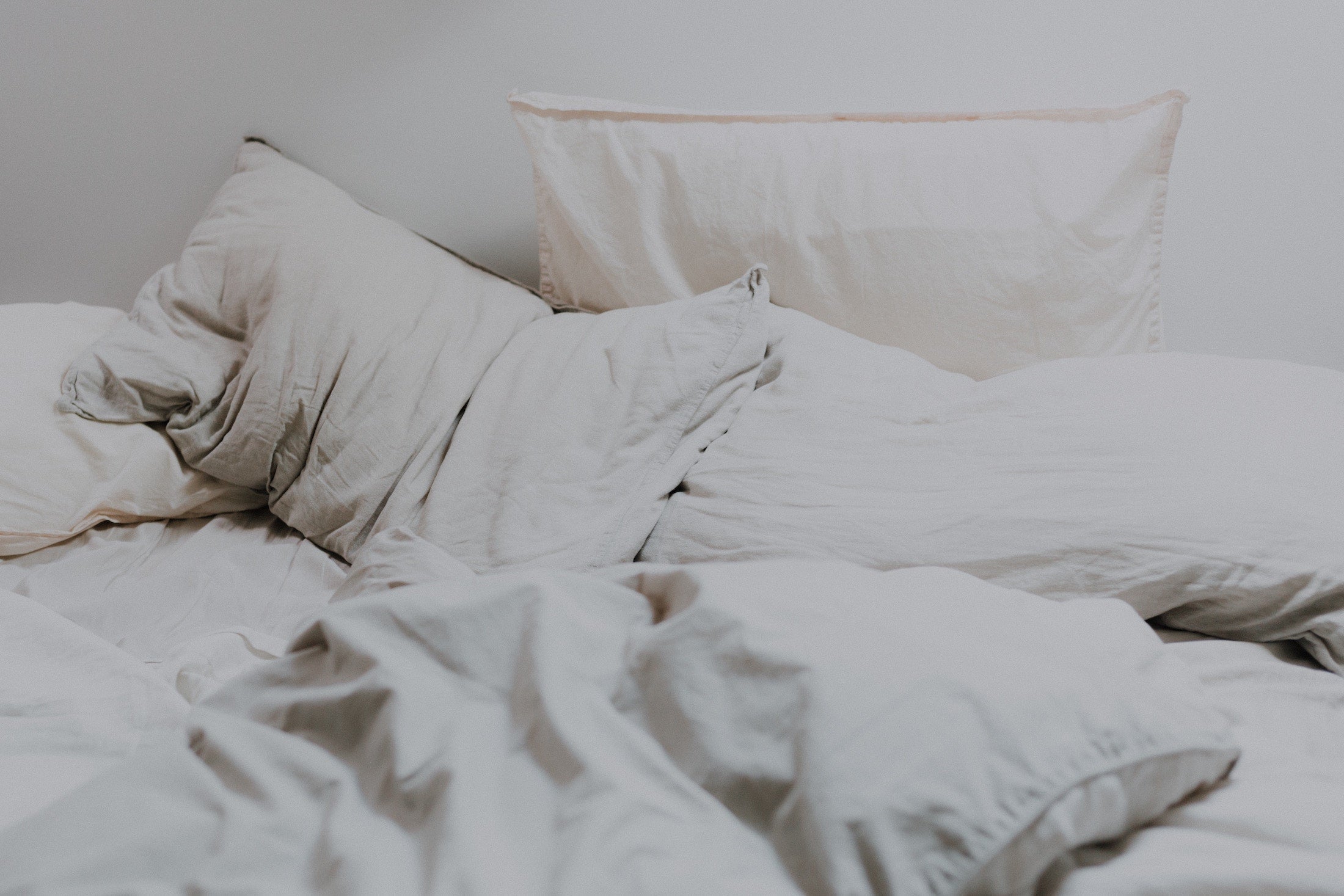How Much Sleep Do You Really Need?
In the quest for achieving a well-toned, muscular physique, many fitness enthusiasts often focus solely on their workout routines and dietary choices, neglecting one of the most critical factors for optimal muscle growth: sleep. Sleep is not just a time of rest; it's a period of rejuvenation and repair that plays a vital role in muscle development. In this post, we will explore the importance of getting enough sleep and how much sleep a person should aim for to support muscle growth.

The Role of Sleep in Muscle Growth
1. Hormone Regulation: Sleep is the body's natural regulator of hormone production, and several hormones play pivotal roles in muscle growth. Among these, growth hormone (GH) and testosterone are of utmost importance. These hormones are primarily released during deep sleep cycles, promoting muscle repair and growth. Inadequate sleep can disrupt this delicate hormonal balance, hindering muscle development.

2. Muscle Recovery: During sleep, the body enters a state of heightened repair and regeneration. It's during these hours of rest that muscle tissue damaged during intense workouts is rebuilt. Sleep allows for the removal of metabolic waste products and the replenishment of energy stores in muscles, ensuring they are ready for your next training session.
3. Protein Synthesis: Sleep supports the body's protein synthesis processes, which are essential for muscle repair and growth. When you get enough sleep, your body can effectively convert dietary protein into muscle tissue. Conversely, a lack of sleep can reduce protein synthesis, slowing down your muscle-building progress.
How Much Sleep is Ideal for Muscle Growth?

The optimal amount of sleep needed for muscle growth can vary from person to person, but most adults should aim for 7-9 hours of quality sleep per night. This range allows your body to cycle through the various sleep stages, including the crucial deep, slow-wave sleep stages where hormones like GH and testosterone are most active.
It's important to note that individual factors, such as age, genetics, and training intensity, can influence your specific sleep requirements. Some athletes and bodybuilders may even benefit from slightly more sleep, especially during periods of intense training or recovery from injuries.
Tips for Getting Quality Sleep
1. Create a Sleep-Friendly Environment: Ensure your bedroom is conducive to sleep by keeping it dark, quiet, and at a comfortable temperature. Invest in a comfortable mattress and pillows to support a good night's sleep.
2. Maintain a Consistent Sleep Schedule: Try to go to bed and wake up at the same times every day, even on weekends. This helps regulate your body's internal clock, making it easier to fall asleep and wake up refreshed.

3. Limit Stimulants: Avoid caffeine and heavy meals close to bedtime, as they can disrupt sleep. Opt for a light snack if needed and limit caffeine intake in the afternoon and evening.
4. Wind Down Before Bed: Engage in relaxing activities before sleep, such as reading, gentle stretching, or practicing deep breathing exercises. Avoid electronic devices with bright screens that can interfere with the production of melatonin, a hormone that regulates sleep.
5. Stay Active: Regular physical activity can improve sleep quality, but avoid vigorous exercise close to bedtime, as it can be stimulating.

In Summary:
In the pursuit of muscle growth, don't underestimate the importance of sleep. It's during those precious hours of slumber that your body repairs and rebuilds muscle tissue, regulates hormones, and facilitates protein synthesis. Aim for 7-9 hours of quality sleep per night to optimize your muscle-building potential. By prioritizing sleep, you'll not only enhance your physical performance but also support overall health and well-being. Remember, sleep is an essential ingredient in the recipe for a strong and healthy body. If you need a little extra help falling asleep at night, try Raw Nutrition's Sleep! It's natural sleep aid formulated to get you in a deep sleep to have you feeling refreshed when you wake up.
The information being presented in this blog is intended to be used as educational or resource information only. It is not intended to be a substitute for medical advice from your healthcare provider. This content should not be used for the diagnosis or treatment of any medical condition. If you have any questions or concerns about your health, please contact your healthcare provider. You should call 911 for all medical emergencies. Raw Nutrition is not liable for any advice or information provided on this blog, which advice or information is provided on an “as-is” basis, and assumes no liability for diagnosis, treatment, decisions, or actions made in reliance upon any advice or information contained on this blog. No warranties, express or implied, are made on the information that is provided.
